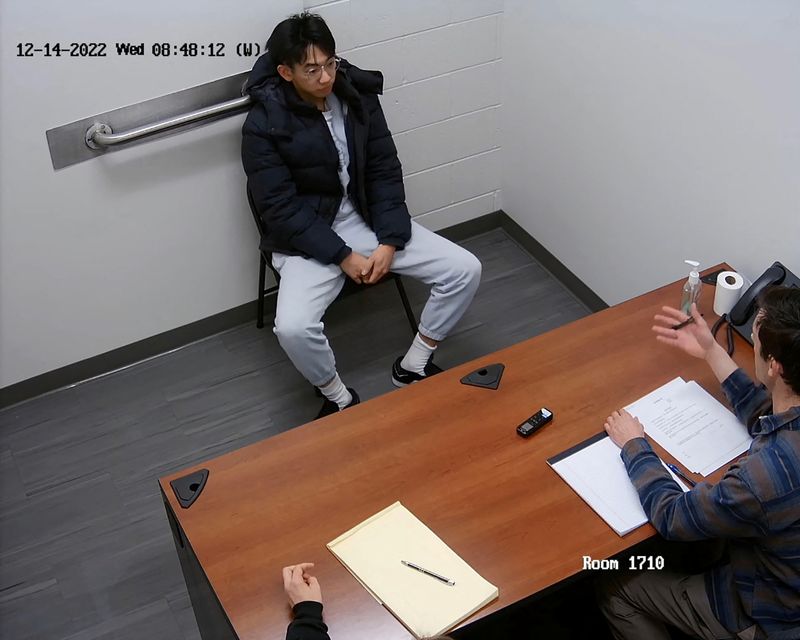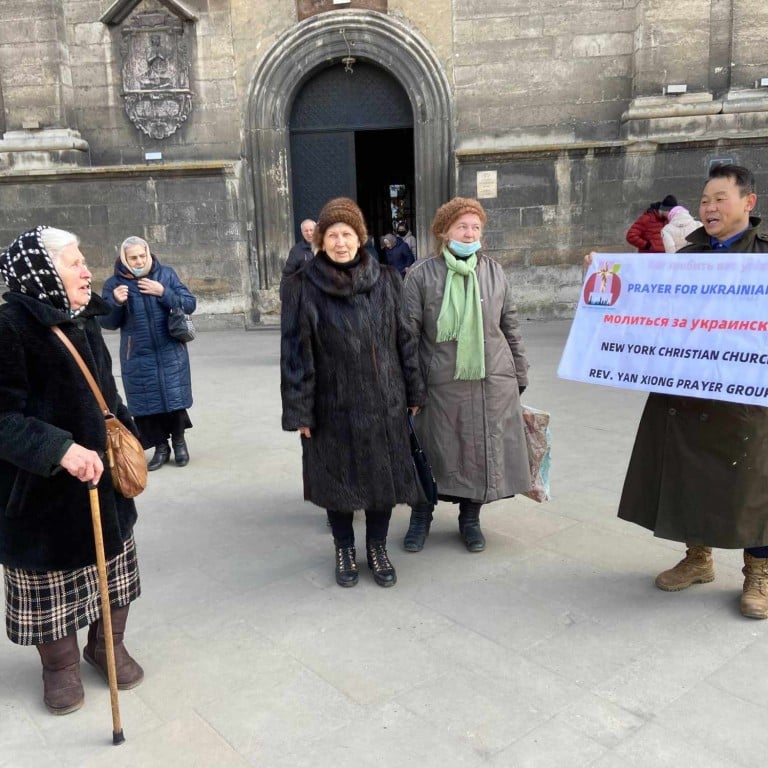On Monday, 25-year-old Chinese music student Xiaolei Wu was tried in Boston federal court for cyberstalking and interstate threatening communication. A 12-person jury heard Assistant U.S. Attorney Alathea Porter’s claim that Wu harassed activist Zooey, who plastered pro-democracy leaflets at Berklee College of Music.

Chinese Music Student Faces US Trial for Allegedly Threating Activist (Photo: Google)
Trial Unveils Disturbing Online Threats
Porter described Wu, a fellow Berklee student,’s online threats, including plans to cut off Zooey’s hands and denounce her to Chinese authorities. Wu’s actions rattled Zooey, who feared for her and her family in China, Porter said.
The trial occurred amid U.S. and Western worries about China’s government intimidating dissidents overseas. Chinese students in abroad universities are monitored and academic freedom is threatened, according to human rights groups.
Wu pleaded not guilty to severe allegations after his December 2022 arrest. Porter said the threats began after Zooey shared a photo on Instagram of her pro-democracy fliers with inscriptions like “We Want Freedom,” “We Want Democracy,” and “Stand with Chinese People.”
READ ALSO: Navigating Big Power Rivalry: Asean’s Playbook In Managing US-China Tensions
Legal Battle Unveils Cyber Dispute
The prosecution stressed that Wu instructed Zooey to remove the fliers via WeChat and reported her to a Chinese public security agency. Porter said this was a major issue since the Chinese government regularly suppresses opposition.
Wu’s lawyer, Michael Tumposky, called the online debate between the two “immature” rather than a threat. Tumposky claimed that Wu, an aspiring guitarist who traveled to Boston to study jazz, was misinformed and trying to warn Zooey about the risks of her activity.
Wu, an “awkward, nerdy guy,” did not seek to serve the Chinese Communist Party, Tumposky said. The trial will illuminate this case’s intricacies and its ramifications for the delicate balance between free expression and international repercussions.
READ ALSO: Nokia Cuts Ties: Exit From Telecom Venture With Huawei Signals Escalating US-China Tensions

















































